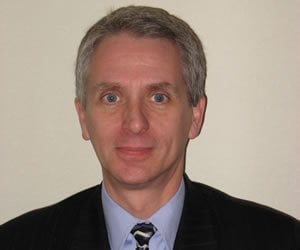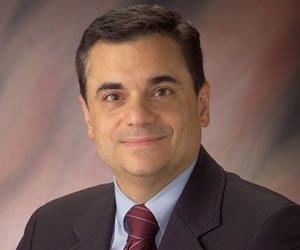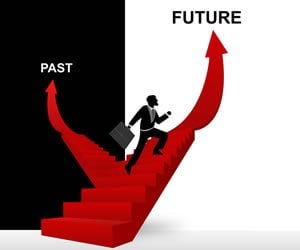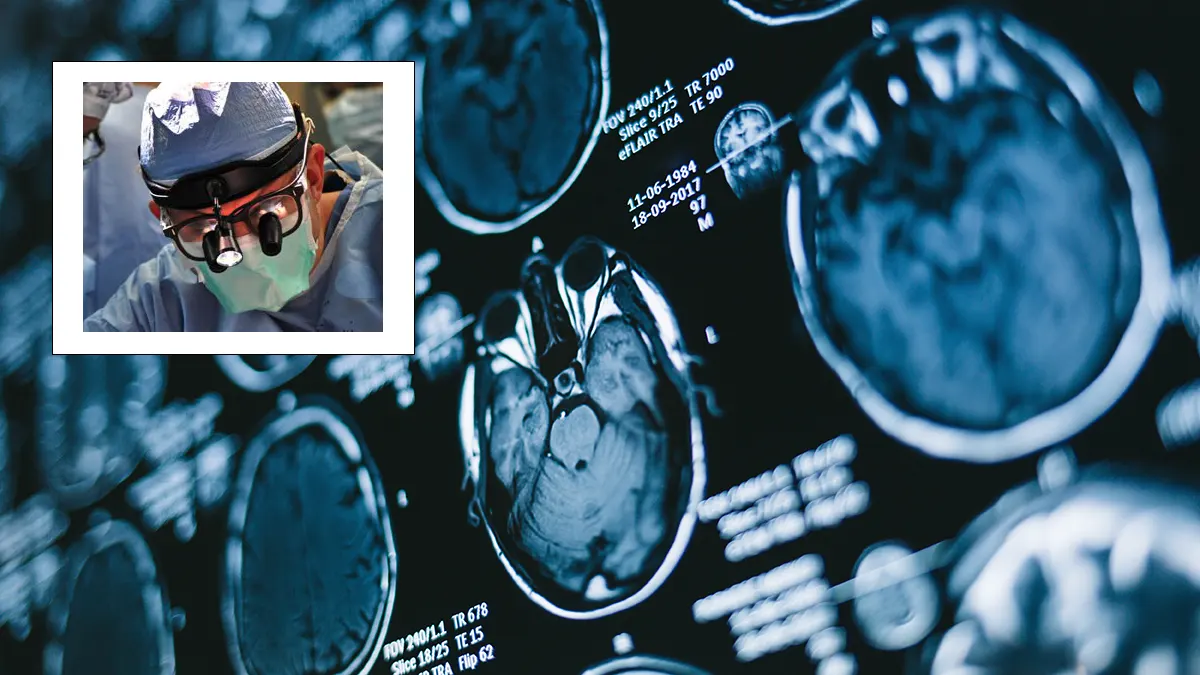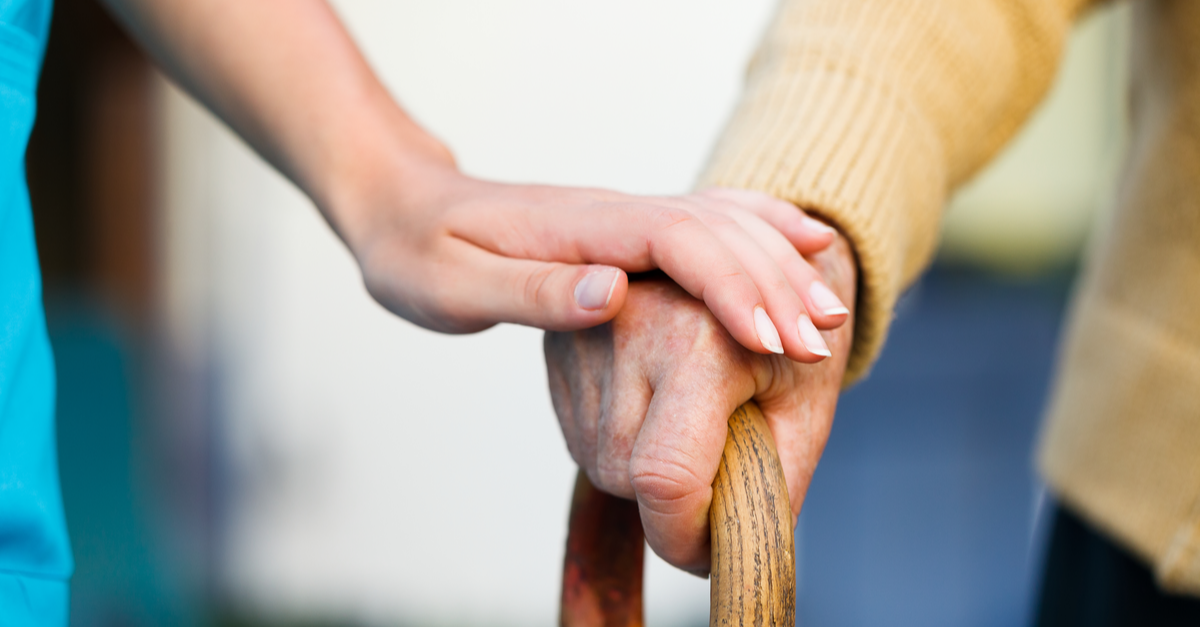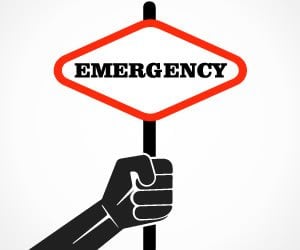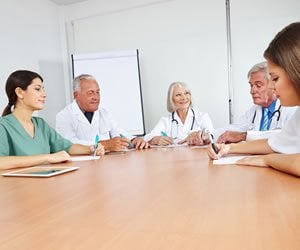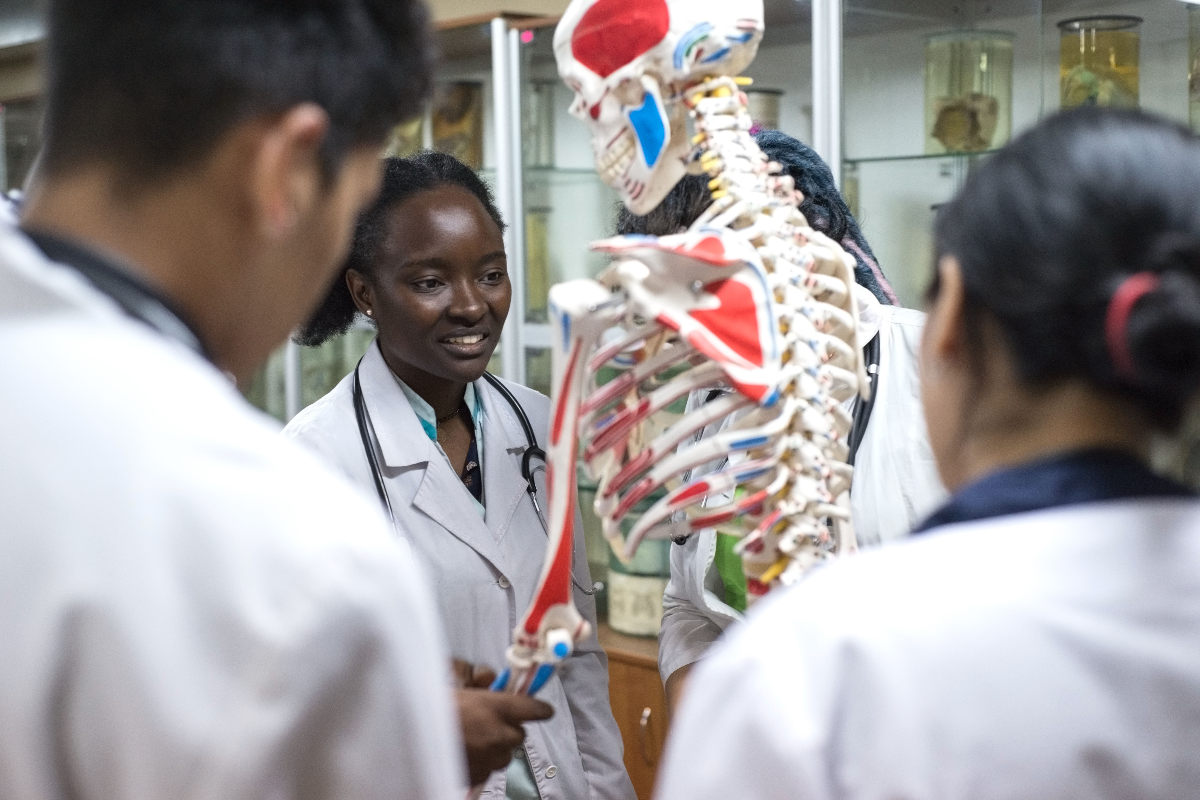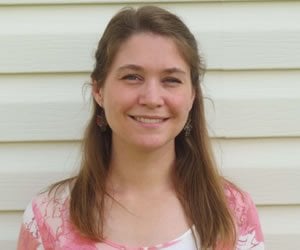Marc F. Stern, MD, MPH, FACP, is a correctional health care consultant in private practice. He received a bachelor’s degree in biology from University at Albany (1975), and started his medical studies at Universitélibre de Bruxelles, facultéde Médecine in Brussels, Belgium, and transferred to University at Buffalo School of Medicine where he received his MD (1982). He completed a one-year residency in internal medicine at University at Buffalo Affiliated Hospitals (1985), and a VA/NIH fellowship in primary care medicine and health services research at Regenstrief Institute in Indiana and Richard L. Roudebush Veterans Administration Medical Center (1992). Dr. Stern received his MPH from Indiana University School of Public Health in Bloomington (1992).
Getting Into Medical School and Residency: Wish I Knew It Before I Blew It
Drawing on the wisdom of those who have gone before you can help you avoid career-hindering mistakes.



